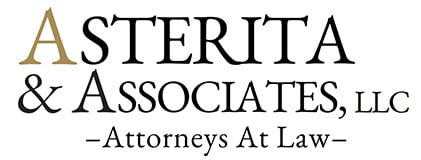If you started your business in your kitchen, in the spare room or in the garage, moving to a public location for the first time is hugely exciting.
It’s also a big risk. When you sign that commercial lease, you’re taking on a big obligation — and (unlike residential rental contracts) there are very little protections afforded you under the law if you make a bad deal.
If you’re new to the commercial rental process, you may find lots of clauses in a commercial lease that aren’t familiar to you. Here are some of the top clauses you need to know:
- Use clauses: These control what you can do with your space while you rent. It may dictate anything from what you can (and cannot) sell, the services you can offer and the times you have to be open.
- Exclusive use clauses: These prevent a direct competitor from moving in right next door and stealing away your business. They give you the exclusive right to offer a certain type of goods or services in that plaza or building.
- Improvements clauses: Few commercial spaces are in perfect condition. This clause details what improvements have to be made before you move in — and who has to pay for them.
- Alterations clauses: Sometimes you get into a space and realize you need to make some adjustments. This clause tells you what right you have to make them and what process you need to follow.
- Rent escalation clauses: Most commercial leases have these, so you can’t avoid them — but you do need to understand them. Your rent may increase on a fixed basis, or rise with local taxes and operating costs. Others can be raised based on the consumer price index or other things.
- Sublease clauses: If you need to get out of your lease for any reason, the right to sublet can keep you from having to pay for empty space until your lease is up.
By no means are these the only clauses you may find, and negotiating for more favorable terms can be hard if you aren’t sure where there’s room for a little give. A real estate attorney can help you through the process.

